“Thorn, eth, yogh, wynn, ash, ethel, eng, long S & the Tironian et. This video takes you on a tour of the letters we don't use anymore.”
-
 3
3
-
 1
1




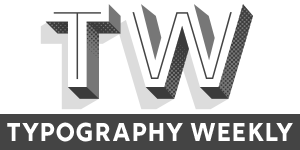
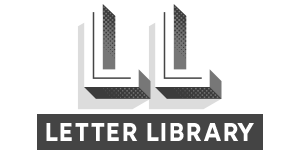
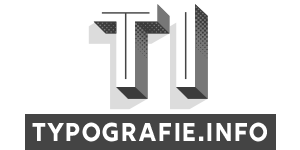
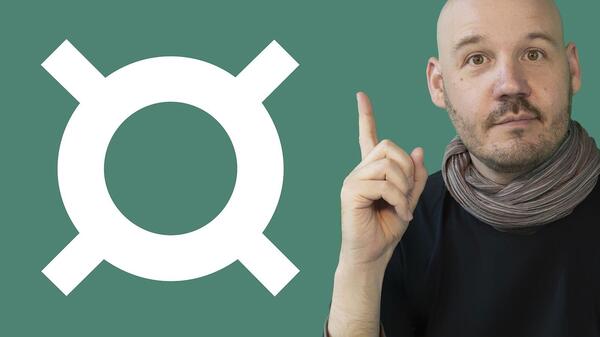
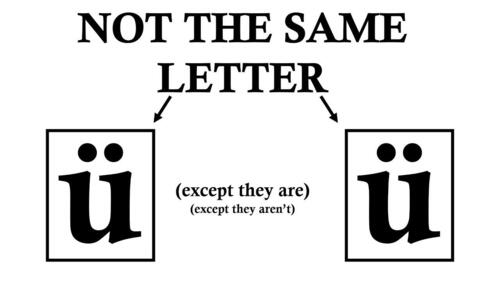
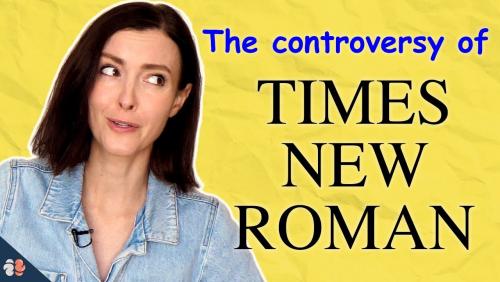


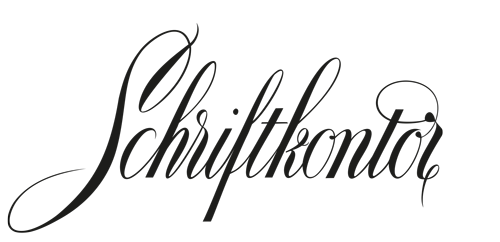
Recommended Comments
Create an account or sign in to comment
You need to be a member in order to leave a comment
Create an account
Sign up for a new account in our community. It's easy!
Register a new accountSign in
Already have an account? Sign in here.
Sign In Now